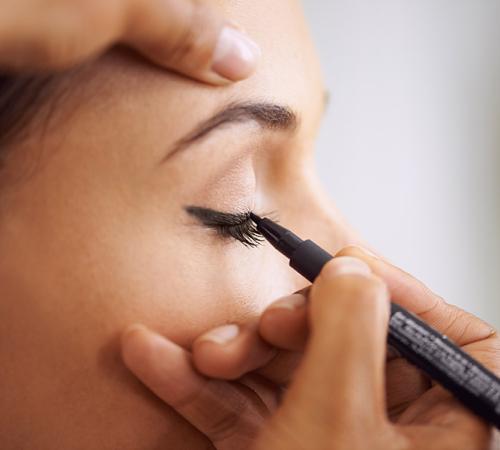

As defamation cases related to social media continue to rise, James Brady, Hiscox’s Head of Media, offers his tips to help ensure your business doesn’t end up on the wrong end of a legal action, and what to do if it happens…
While the number of overall defamation cases in the UK dropped in 2014/15 – a fall of 27% year on year – Facebook and Twitter bucked the trend as the dangers of writing or saying the wrong thing on social media resulted in a 38% rise among people taking legal action (external link) for defamatory posts.
Defamation – the act of damaging someone’s reputation – can come under a variety of guises such as libel (written word) and slander (spoken). While legal changes introduced in 2014 have made defamation claims in traditional broadcast and print media less common, the ease and accessibility of social media for individuals and businesses has had the opposite effect.
Just take a look at the case of Sally Bercow, the wife of the Speaker of the House of Commons, who found herself liable for an undisclosed sum in damages for posting a libellous tweet.
Posting inadvertently is also becoming more common. An Everton Football Club employee recently posted a personal tweet on the club’s official Twitter account (external link) by mistake and while it wasn’t defamatory in this case, the potential for accidentally libelling an individual or business is clear.
For small businesses the defamation risk can be as simple as someone in your business criticising a competitor’s product or service in a tweet or Facebook post. Not only does that post go to your immediate followers but it has the potential to go to many thousands or even millions.
Part of the problem, which of course is also its appeal, is the immediacy of social media. If an author takes some time to consider their response rather than publishing a rash reply delivered in the heat of the moment, the results may be very different.
Tips for avoiding defamation on social media
It’s critical that all businesses, whatever their size, take some simple precautions when it comes to the use of social media to save themselves from a legal claim for defamation.
Think twice
Take time to look at what you’re about to post. If it’s about an individual or a company, how would you feel if someone wrote a similar thing about you or your business? Take a second opinion from a work colleague or, if it is really contentious, take legal advice before publication. Try not to be overly critical of competitors (however much you think they might deserve it).
Guilty by association
Even when you’re retweeting or sharing someone else’s post, you can still be held liable if your act of sharing is seen as an endorsement of those views. And even if you don’t name a person or business, if their identity can be deduced from your post, you can still be liable for defamation.
Keep it confidential
If you’re party to confidential third party information from a client or partner for example, be careful not to disseminate anything that could be sensitive.
Don’t ignore it
If you’ve had a complaint on social media, have a proper escalation process in place to deal with it and prevent it from becoming a damaging incident.
What if it’s too late?
What if you find yourself or your business the subject of a legal action for defamation? The temptation can be to panic then try and rectify the situation perhaps by posting apologies on the same sites that got you into trouble in the first place. The first rule is to take a step back and consider the post in question and what the actual complaint is about.
Has it come from a client threatening to sue or have they already engaged legal help? Try to get all the facts. Is the contentious post just gossip or do you know it to be fact?
If you have professional indemnity insurance, you should advise your insurer of a possible claim. They might be able to help diffuse the situation before it gets any worse.
Defamation is a very complex area of law and it’s unlikely that your usual commercial lawyer will have experience in this area, so it’s important to find the appropriate legal help if the situation escalates.
For more information about how professional indemnity cover can protect your business, read our professional indemnity insurance FAQs.
Disclaimer:
At Hiscox, we want to help your small business thrive. Our blog has many articles you may find relevant and useful as your business grows. But these articles aren’t professional advice. So, to find out more on a subject we cover here, please seek professional assistance.






